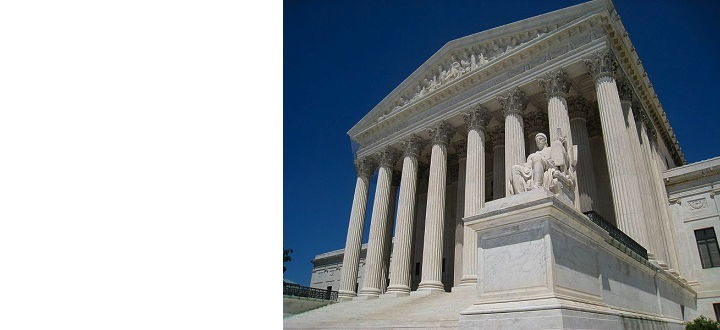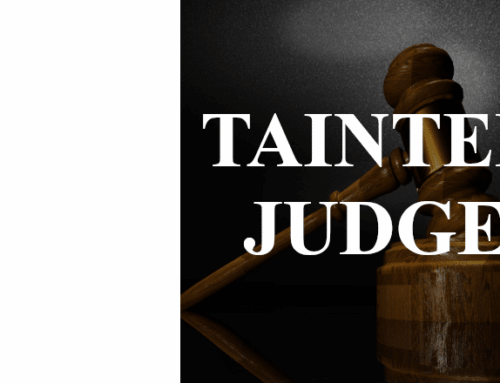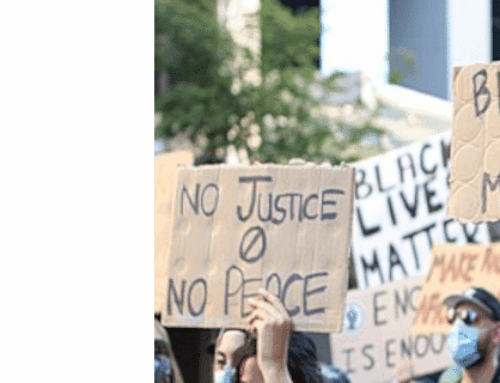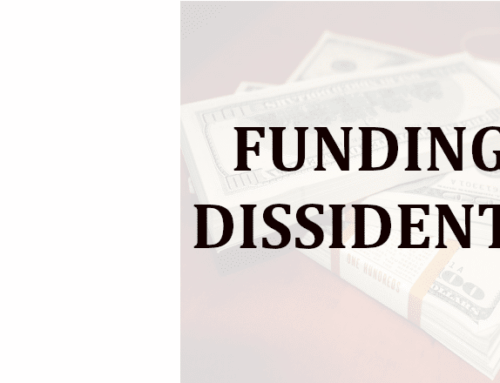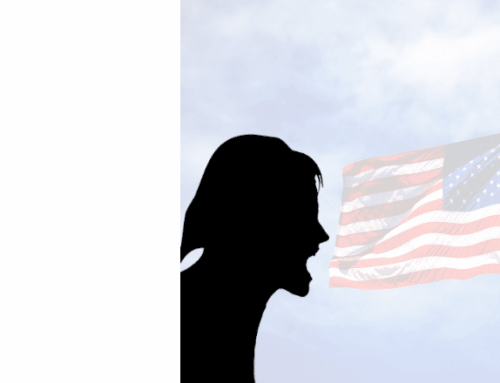Catholic League president Bill Donohue comments on reaction to the U.S. Supreme Court ruling limiting attendance at houses of worship:
Just before midnight on Thanksgiving eve, New York State Gov. Andrew Cuomo, a professed former altar boy, took it on the chin when the U.S. Supreme Court ruled 5-4 that his executive order limiting occupancy in houses of worship could not stand. It was blocked pending a review by the 2nd Circuit Court of Appeals.
Though Cuomo had already rescinded his order, the occupancy limits he imposed—10 in red zones and 25 in orange zones—were seen as executive overreach; the restrictions were imposed because of Covid-19 concerns. The high court knew he could reinstate his restrictions, which is why it did not pass up the opportunity to decide this case.
The Supreme Court said that “even in a pandemic, the Constitution cannot be put away and forgotten.” It was a win for the Diocese of Brooklyn and Agudath Israel of America.
The Catholic and Jewish institutions argued that declaring religious services to be “non-essential,” while labeling pet stores, hardware stores and other secular entities “essential,” was a serious First Amendment infringement on their religious liberty. Cuomo dug himself a hole when he admitted in a press conference that his order is “most impactful on houses of worship.”
One of the most interesting aspects of this case was the reaction to the ruling.
We would expect secular militants to be angry, and they were. No organization has exerted more time, money, and energy using Covid-19 as a pretext to abridge religious liberties more than Americans United for Separation of Church and State. This is an organization founded by anti-Catholics after World War II; to this day it remains hostile to Catholics, as well as to some other religious affiliations. It filed an amicus brief in this case.
“So far this year, Americans United has filed 40 other amicus briefs in courts across the country in similar cases involving requests for religious exemptions from COVID-19 public health orders.” That was its official reaction to the high court decision affirming religious liberty. In addition, it has issued over two dozen news releases and opinion pieces on this subject, all of which stress that it would be unconstitutional to allow religious exemptions to public health restrictions.
What was most illuminating was the reaction of liberal religious publications and organizations. They were in a jam: if they approved of the Supreme Court ruling, it would put them on the side of religious conservatives; if they disapproved, it would put them on the side of secular militants. So what did they do? They punted. For the most part, they took the cowardly way out and said nothing.
America and Commonweal are liberal Catholic media outlets. They said not a word. The National Catholic Reporter is a dissident media source that rejects many Church teachings; it also said nothing. Sojourners, a liberal Protestant publication, and Religion News Service, which hosts a variety of liberal religions writers, also went mute.
Crux, a liberal Catholic website, posted one piece by its editor, John Allen. He tried ever so hard to be objective, but he ultimately failed. “Contrary to popular mythology, most secular liberals aren’t hostile to religion, merely indifferent.” That may be true for individuals, but it is certainly not true of secular liberal organizations that opine and act on religious liberty issues. That’s what counts.
The silence on the part of religious liberals to the Supreme Court ruling is daunting. It shows their uneasiness with granting churches and other houses of worship the same rights as afforded many secular institutions. Indeed, it says much more than that. Religious media outlets should be expected to affirm a special place in constitutional law for religious institutions—that is what the First Amendment ordains! Their failure to do so is telling.


